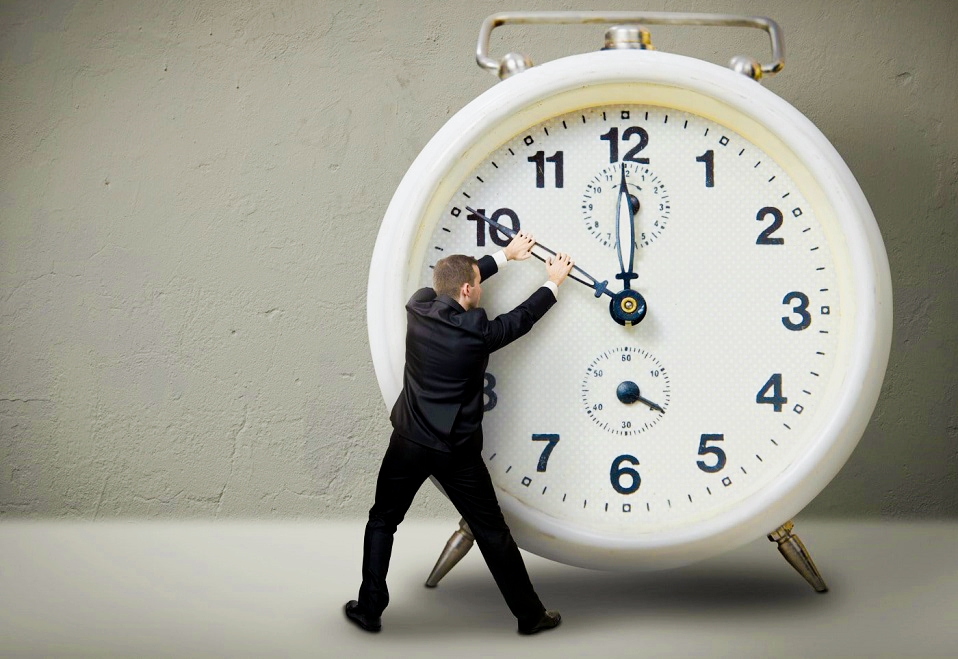Extra Hour of Sleep or Biological Disruption? The Effect of Changing the Clock on the Body

Many countries around the world have recently returned to winter time by setting the clock back one hour.
Although this change gives many people an extra hour of sleep, scientists warn that this shift comes at a cost to human health.
* An Extra Hour.. and a Long-Term Effect on the Body
Some see the return to winter time as an opportunity to compensate for lost sleep during the summer months, but recent studies, including one from Stanford University, confirm that changing the time twice a year puts stress on the body.
Our bodies do not adapt quickly to changes in the daily rhythm of light and darkness.
Researcher Jamie Zeitzer from the Stanford Center for Sleep Sciences and Circadian Rhythms explains:
"The body's biological clock acts like an orchestra conductor, while the different organs resemble musical instruments that need continuous harmony. Any disruption in timing reduces this harmony."
* Winter Time is Better for the Body
The American Academy of Sleep Medicine and other medical associations recommend adopting winter time year-round, as it is closer to the natural solar cycle and provides more light in the morning, which is when the body needs stimulation.
In contrast, daylight saving time delays morning light and increases exposure to evening light, which delays the production of melatonin, the hormone responsible for sleepiness, and leads to disruption of the biological rhythm.
* The Effect of One Hour on the Body
One hour may seem simple, but it is enough to confuse the body, especially for those who suffer from lack of sleep or biological clock disorders.
Medical data shows that the first few days after the shift to daylight saving time are associated with an increase in road accidents and heart attacks, while the winter shift can exacerbate seasonal depression caused by shorter days and less light.
* Sleep Deprivation Increases the Effect
About one-third of American adults do not get the recommended minimum of seven hours of sleep, while half of teenagers fail to meet the minimum requirement, making them more susceptible to the effects of the time change.
* How to Adapt to the Change?
Experts advise following simple steps to ease the body's shock:
_ Gradually move bedtime earlier in the days leading up to the change, by 15 minutes each day.
_ Get exposure to sunlight in the morning, even from indoors near windows.
_ Reduce screen time in the evening, as blue light disrupts melatonin secretion and delays feelings of sleepiness.
* Will America Abandon Changing the Clock?
Despite ongoing debate, the U.S. Congress has not yet passed the Sunshine Protection Act, which proposes to adopt daylight saving time permanently.
Discussions on this have stalled in recent years, despite some states supporting the permanent end of clock changes.
Until then, Americans will continue this annual ritual in the fall and spring, between those who welcome an extra hour of sleep and those who fear the effects of changing the "biological clock" on the body.
